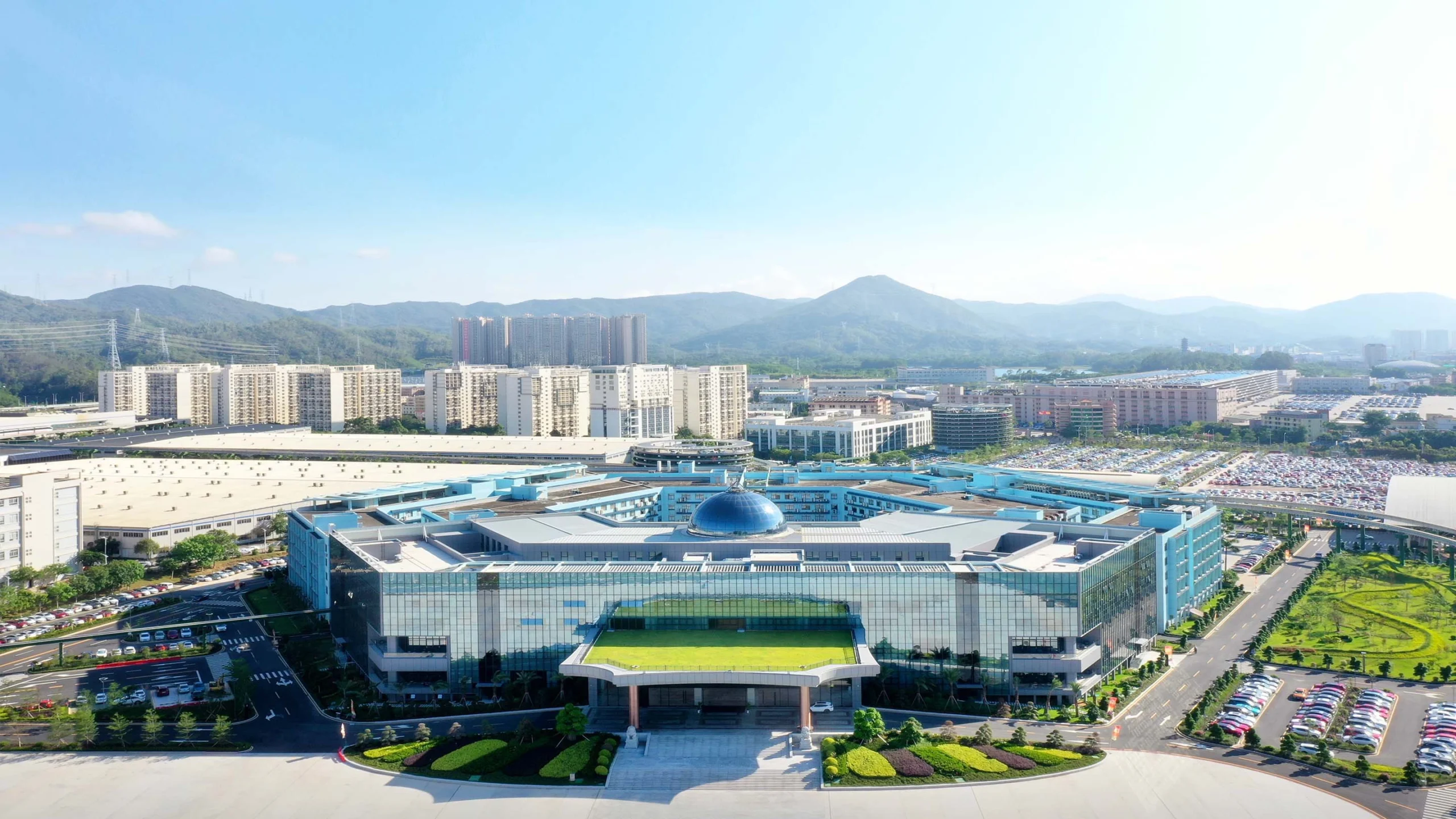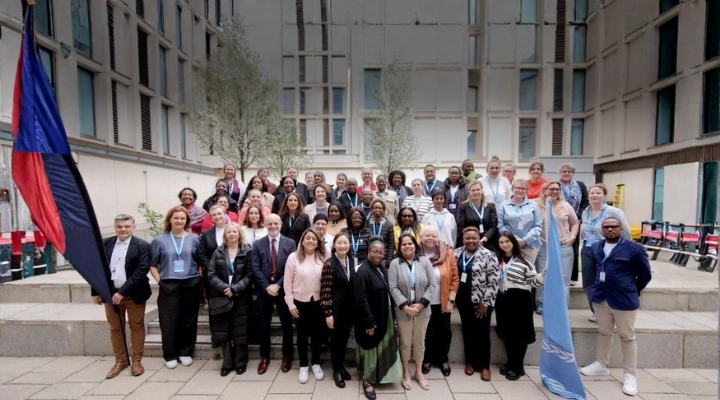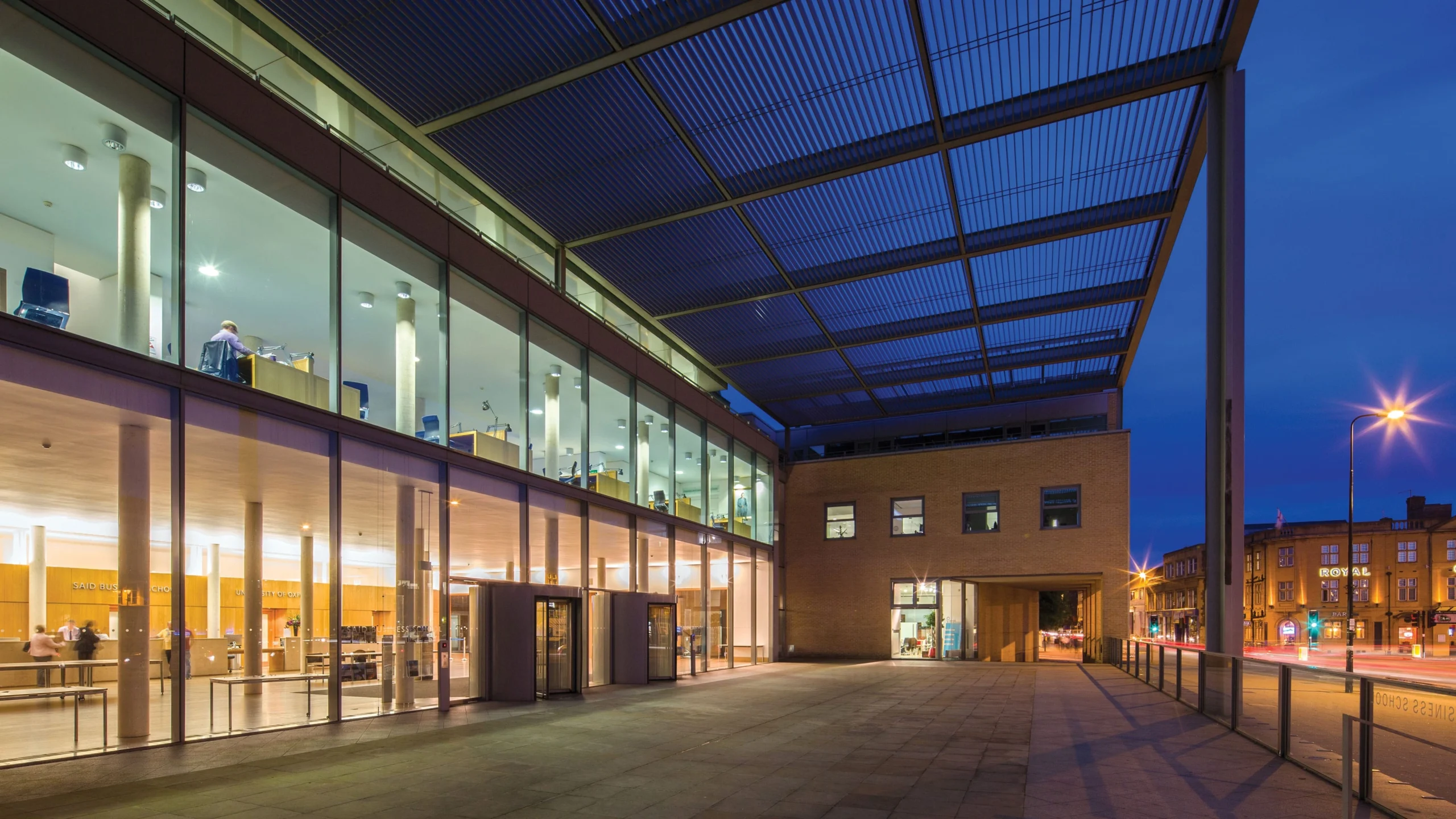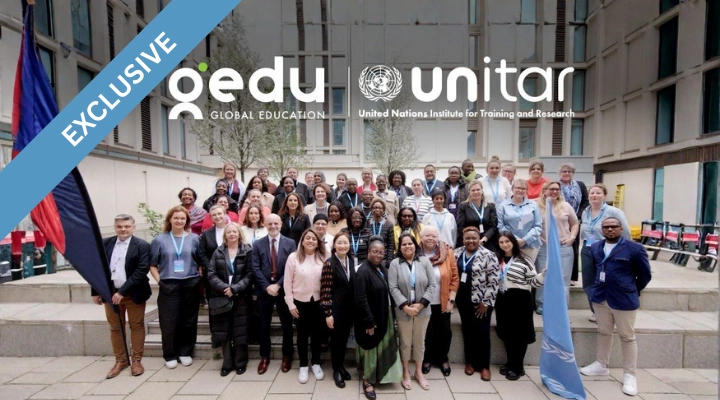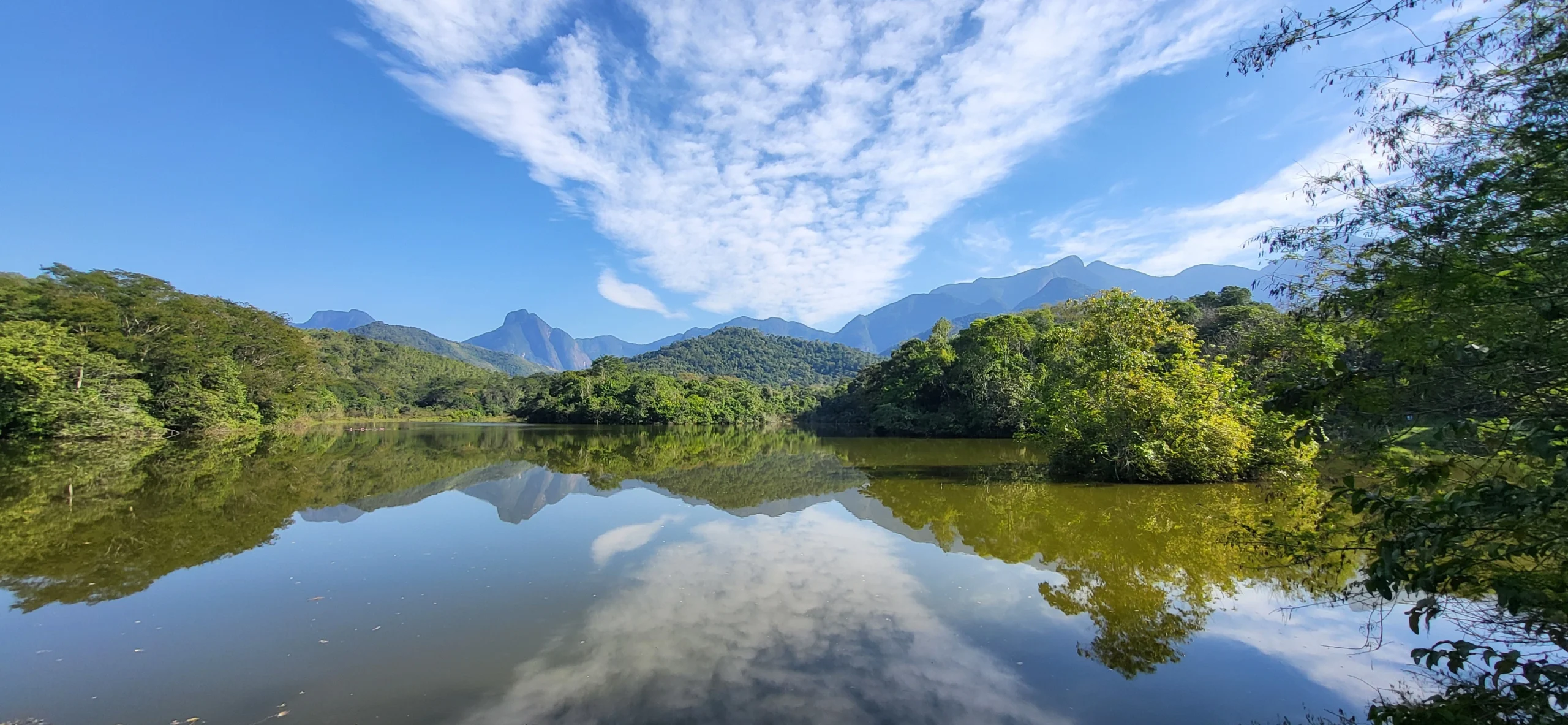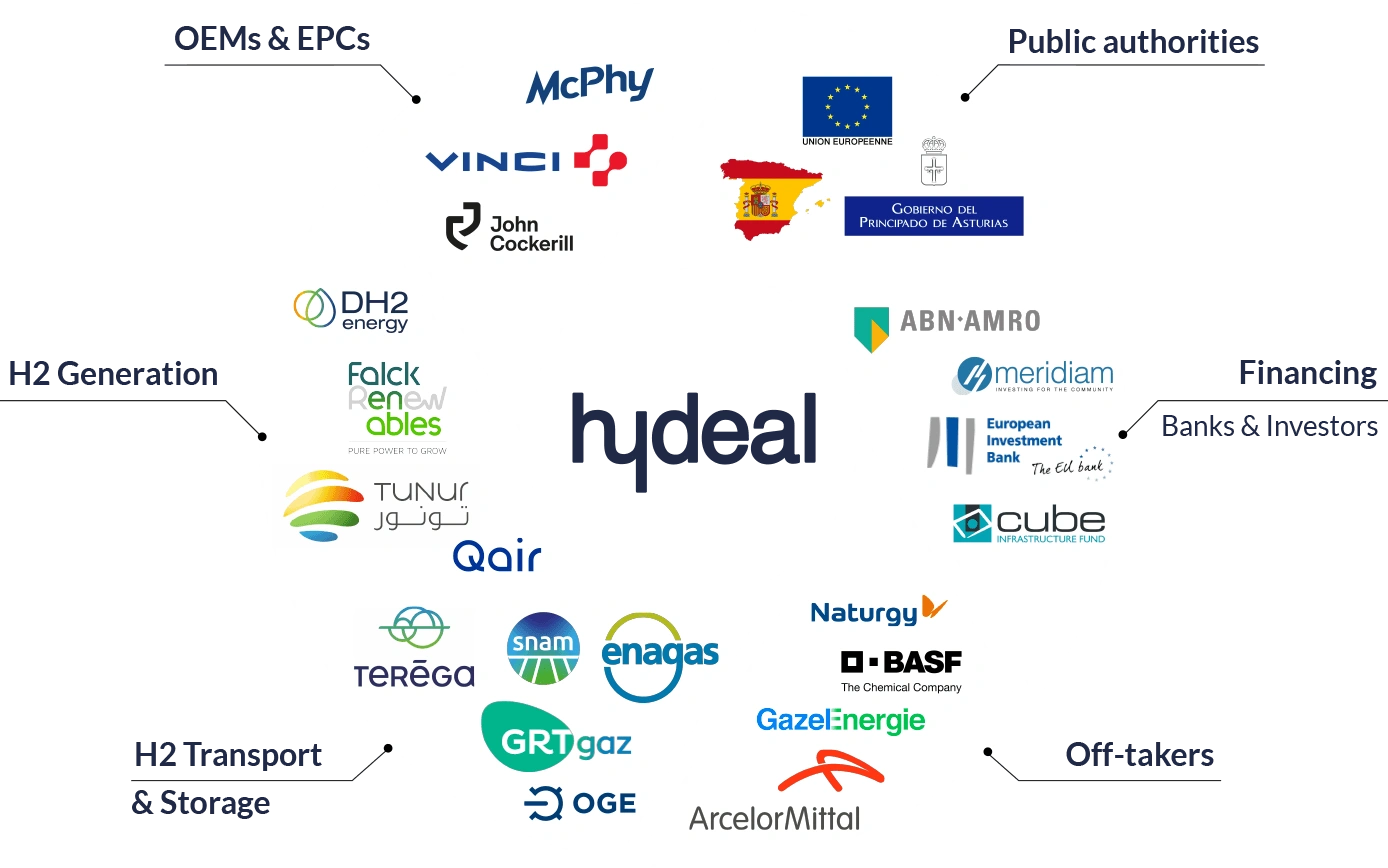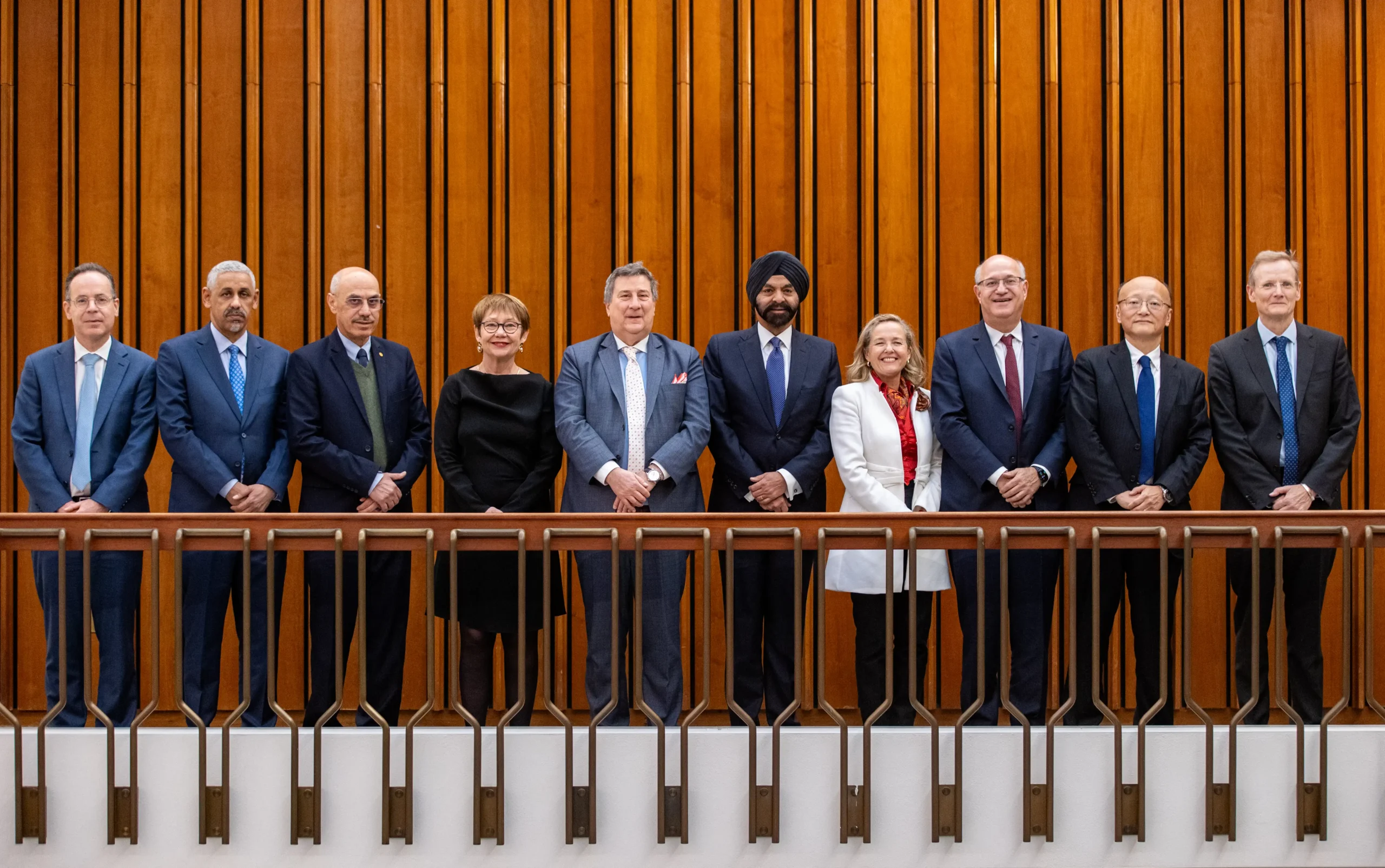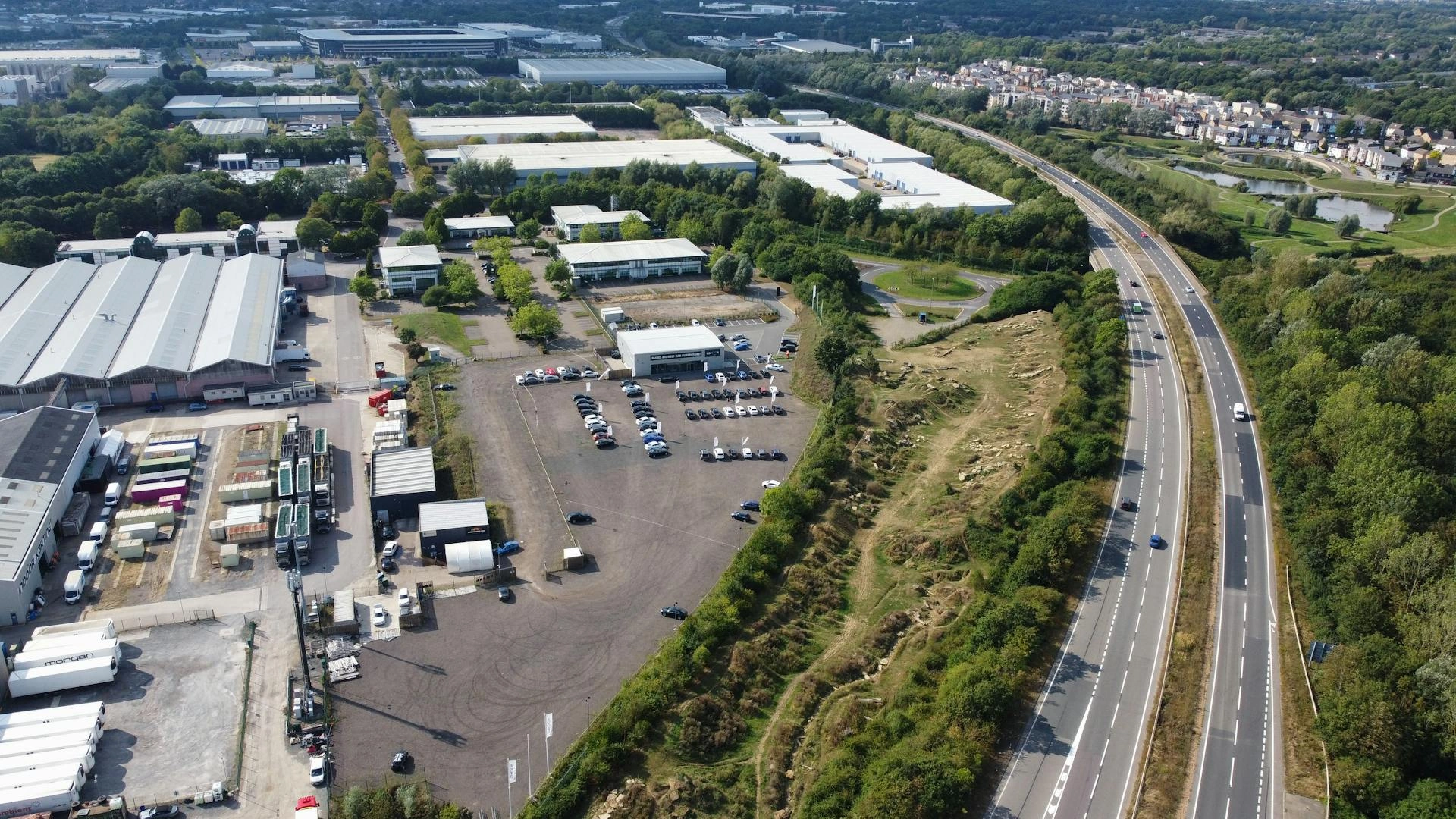Costa Rica: The natural choice of business

John E. Kaye
- Published
- Home, Sustainability


Approximately 50 miles south-east of the nation’s capital San Jose, stands Mount Chirripo – the highest peak on Costa Rica. The mountain is in the Chirripo National Park, home to a p[previous area of rainforest, where an enormous array of native flora and fauna can be found. The National Park rises over 3,000 meters and is one of the few places on the continent where you can overlook the Atlantic and Pacific Oceans at the same time. In terms of its biodiversity, there are only few places on the planet of such ecological and scientific interest.
Comparatively, Costa Rica stands way above the rest of Latin America when it comes to foreign investment, successfully leveraging its multi-talented workforce and superior skill-set to attract a range of multinational business partners.
Fostering world-class innovation
Costa Rica’s compact scale is the ideal cross-sector collaborations. From leading blue-chip companies to government bodies, and local as well as international academia, a dynamic testing lab to develop the next wave of client-centric solutions is ready and waiting.
In 2018, the Global Innovation Index (GII) by Cornell University, INSEAD and the World Intellectual Property Organisation (WIPO) ranked Costa Rica highest in Latin America for “innovation efficiency”. Its efficiency ratio reflected the nation’s ability to generate greater value across areas such as technology and human capital, while the nation’s institutional and infrastructural excellence provides the foundation for a range of complex and sophistical industries. Creativity blossoms naturally in Costa Rica. Its leading position for cultural, creative and ICT services exports in Latin America confirms that it takes the Orange Economy seriously. Strengths in knowledge absorption and diffusion, as well as creative goods and services are all taken into consideration by the GII.
Tom Leighton, CEO of tech company Akamai (which has an established base in Costa Rica), praised its rich talent pool: “Creativity and preparation have made this country one of our global centres of excellence.”
Leading innovators, such as Speratum, a nanotechnology company exploring a new frontier in the fight against pancreatic cancer; Establishment Labs, a high-tech breast aesthetics and reconstruction company, and AI software start-up Singularities, are paving the way for the next generation of pioneering entrepreneurs.
Costa Rica’s success has not happened overnight. The nation’s long-standing history of investing in free and universal education means its younger generations continue to flourish. When the army was abolished in 1948, the money was channeled where it was needed the most: education and health. Costa Rica currently allocates 7.36% and 9.9% of its GDP to its areas, respectively.

The formula for success
The fact that 29 of the Forbes 100 have chosen Costa Rica for key strategic sites speaks for itself. Indeed, its robust platform of free trade agreements unlocks two-thirds of the world’s GDP. Aside from solid commercial relations, and a solid framework of commercial incentives, the nation also sets the gold standard in terms of human capital.
Furthermore, Costa Rica recently topped the World Economic Forum’s Global Competitiveness Index for skills-sets among high school, secondary education and university graduates in Latin America. The constant flow of STEM graduates is key, growing by 6% annually since 2010, while the increase of engineers rises to 7% per year. Costa Rica graduates 74 engineers per 100,000 inhabitants, while India graduates 57 and the United States 55.
And the future looks brighter still for its developing talent – almost 25% of the population are tech-savvy millennials. Mobile penetration reached an unbelievable 179%, which provides the perfect ecosystem for developing new digital technologies. No wonder the land of the oldest standing democracy in Latin America is the easiest nation to find skilled employees in the region.
“I can’t speak highly enough about the Costa Rican culture, there isn’t a nicer group of sophisticated, educated people,” said Arturo Schwartzberg, co-founder of e-learning company SweetRush. “There are lots of young people coming out of college that are technologically and digitally literate, so there is a fertile bed of highly talented, capable people here,” continued Mr. Schwartzberg.
However, being Latin America’s leader poses an ongoing challenge – staying number one.
“The current labour pool must commit to an ongoing lifelong learning approach if they want to maintain relevance in tomorrow’s market. people should make reskilling and upskilling a priority in order to cope and adapt to automation threats,” said Vanessa Gibson, head of Investment Climate of the Costa Rican Investment Promotion Agency (CINDE).
Cross-sector engagement
Costa Rica is home to a sustainable and dynamic environment for companies to develop cutting-edge technology and services. It’s a world-class business destination at heart of the Americas, where collaboration is key and industries reach out and benefit from cross-sector expertise.
Randy Schienti, VP of Global Technology for Boston Scientific once highlighted: “Costa Rica has proven to be a compelling, performance-driven location. Key drivers for our success at two major sites in Costa Rica include highly committed, multi-disciplined local talent; cross-divisional engagement; growth into R&D, process development and lab competencies.”
According to the World Economic Forum, Costa Rica is a regional leader in carrying through R&D innovation from universities into industry, as well as facilitating collaboration between companies.
Over recent years, Costa Rica has sealed a series of academic partnerships that will ensure the nation’s graduates achieve the very highest standards. The University of Minnesota, Georgia Tech, Wisconsin Stour, Rice University, Texas Tech and Copenhagen Institute for Interaction Design are some of the leading names that are implementing the tailor-made curricula to develop local talent.
The sophistication of Costa Rica’s business services has been taking shape over the last three decades: from risk management to cybersecurity, it now offers more than 75 knowledge-intensive services in over 10 different languages. It’s been a steady and strategic process, with companies migrating from transactional contact centres to complex knowledge-based, R&D services. This could not have happened without a sustained coordination between the government, academia and the private sector.
One example is the transformation of Intel’s operations in Costa Rica. In 2014, it transitioned from assembly and testing activities to research and development and built the country’s very first R&D megalab outside the United States. Also, in 2013, IBM made Costa Rica home it its second largest international cyber-security center.
The presence of 17 of the top IT-influencers in the world offers a glimpse of just of how well things are going. Accenture, Amazon, Intel, IBM, Microsoft and Oracle have all discovered a hot-bed of talent and resources – one that also offers sustained return on investment.
Bright outlook
The most recent trade data for 2018 showed medical devices to be Costa Rica’s primary export, accounting for almost 30% of total export goods and boasting a state-of-the-art cluster of over 70 corporations. This cluster includes 12 of the top 20 global medtech companies and three of the top five original equipment manufacturers. The second most dynamic sector is IT, which encompasses cybersecurity, artificial intelligence, virtual reality, blockchain, and the Internet of Things, as well as e-health and smart-manufacturing and other human-centric technologies.
For example, MSD’s Data Management Centre of Clinical Studies collects and analyses detailed patient data to detect and report adverse events, such as treatment side-effects and unwanted reactions from new product launches. This process requires specialised and highly technical skills to interpret and monitor patient records.
Similarly, Roche’s Regional Services Hub in Costa Rica works as a distribution centre for biotechnological products, overseeing over 23 LATAM countries. Roche Costa Rica operates a pharmacovigilance headquarter for Central America and the Caribbean. Other success stories include Pfizer’s Institute for Science and Research.
According to CINDE’s Managing Director, Jorge Sequiera: “Costa Rica is home to an important group of life sciences multinationals, which, day after day, exports medical devices that save lives around the world. These companies face the constant challenge of global industry’s rapid transformation, where technology continues to shape new trends. Costa Rica is positioned at the forefront of global innovation, and we will undoubtedly continue to be the best strategic partner for companies hoping to meet these challenges.”
In 2018, the fourth edition of Life Sciences Forum was organised by CINDE. As the latest sector trends were analysed by global leaders, the competitive advantages of Costa Rica as a strategic partner also came to the fore. This hugely successful occasion brought together 10 international speakers and over 650 participants from 15 different countries.
“As a country, and together with the 300 multinational companies we provide a base to, we will continue to embrace the challenges of Industry 4.0 and the emerging, disruptive megatrends as a huge opportunity. Costa Rica must ride the wave of automation and not get swept away by it,” added Mr. Sequeira.
A greener future
Costa Rica is committed to delivering the triple bottom line: people, profit and planet. The statistics are undeniable: 99% of its electricity comes from the renewable sources, half of its national territory is protected, and it hosts 6% of the world’s biodiversity in just 0.03% of the planet’s surface. In 2018, electricity was generated entirely from renewable sources for 360 of the 365 days.
As part of the RE100 network – a collaborative global initiative uniting more than 100 influential businesses committed to 100% renewable energy – Costa Rica hosts over 20 companies that are indexed in this ranking.
Beside building on a greener future, the nation believes in collaboration of all kinds, especially in community empowerment and gender equality. GET, a joint strategy between multinationals, seeks to close gender gaps and enable access to projects through gender, education and technology initiatives.
In 2016, the Happy Planet Index named Costa Rica the happiest country in the world and National Geographic backed this up in 2017. In 2018, the expat leading guide InterNations and International Living magazine both recognised the Central American nation as a leader in terms of quality of life. So, whether you’re planning on working abroad or looking for a place to retire, Costa Rica is the place to be. Furthermore, Costa Rica topped the 2018 Social Progress Index in Latin America, while the United Nations is also in constant recognition of the nation’s societal progress.
Costa Rica’s sustained focus on talent and sustainability has proved even more fruitful than expected. Channeling its resources into its people and natural assets has translated into productivity, happiness and a true return on investment.
Costa Rica can now bet on this successful formula to serve it well into the future. One thing is for certain, the trust of the global business community has well and truly been won.
Further information
www.cinde.org
RECENT ARTICLES
-
 Strong ESG records help firms take R&D global, study finds
Strong ESG records help firms take R&D global, study finds -
 How residence and citizenship programmes strengthen national resilience
How residence and citizenship programmes strengthen national resilience -
 Global leaders enter 2026 facing a defining climate choice
Global leaders enter 2026 facing a defining climate choice -
 EU sustainability rules drive digital compliance push in Uzbekistan ahead of export change
EU sustainability rules drive digital compliance push in Uzbekistan ahead of export change -
 China’s BYD overtakes Tesla as world’s largest electric car seller
China’s BYD overtakes Tesla as world’s largest electric car seller -
 UK education group signs agreement to operate UN training centre network hub
UK education group signs agreement to operate UN training centre network hub -
 Mycelium breakthrough shows there’s mush-room to grow in greener manufacturing
Mycelium breakthrough shows there’s mush-room to grow in greener manufacturing -
 Oxford to host new annual youth climate summit on UN World Environment Day
Oxford to host new annual youth climate summit on UN World Environment Day -
 Exclusive: Global United Nations delegates meet in London as GEDU sets out new cross-network sustainability plan
Exclusive: Global United Nations delegates meet in London as GEDU sets out new cross-network sustainability plan -
 Fast fashion brands ‘greenwash’ shoppers with guilt-easing claims, study warns
Fast fashion brands ‘greenwash’ shoppers with guilt-easing claims, study warns -
 Private sector set to overtake government as main driver of corporate sustainability in 2026, report suggests
Private sector set to overtake government as main driver of corporate sustainability in 2026, report suggests -
 Sir Trevor McDonald honoured at UWI London Benefit Dinner celebrating Caribbean achievement
Sir Trevor McDonald honoured at UWI London Benefit Dinner celebrating Caribbean achievement -
 Historic motorsport confronts its energy future
Historic motorsport confronts its energy future -
 Protecting the world’s wild places: Dr Catherine Barnard on how local partnerships drive global conservation
Protecting the world’s wild places: Dr Catherine Barnard on how local partnerships drive global conservation -
 Europe’s HyDeal eyes Africa for low-cost hydrogen link to Europe
Europe’s HyDeal eyes Africa for low-cost hydrogen link to Europe -
 Fabric of change
Fabric of change -
 Courage in an uncertain world: how fashion builds resilience now
Courage in an uncertain world: how fashion builds resilience now -
 UAE breaks ground on world’s first 24-hour renewable power plant
UAE breaks ground on world’s first 24-hour renewable power plant -
 China’s Yancheng sets a global benchmark for conservation and climate action
China’s Yancheng sets a global benchmark for conservation and climate action -
 Inside Iceland’s green biotechnology revolution
Inside Iceland’s green biotechnology revolution -
 Global development banks agree new priorities on finance, water security and private capital ahead of COP30
Global development banks agree new priorities on finance, water security and private capital ahead of COP30 -
 UK organisations show rising net zero ambition despite financial pressures, new survey finds
UK organisations show rising net zero ambition despite financial pressures, new survey finds -
 Gulf ESG efforts fail to link profit with sustainability, study shows
Gulf ESG efforts fail to link profit with sustainability, study shows -
 Redress and UN network call for fashion industry to meet sustainability goals
Redress and UN network call for fashion industry to meet sustainability goals -
 World Coastal Forum leaders warn of accelerating global ecosystem collapse
World Coastal Forum leaders warn of accelerating global ecosystem collapse





